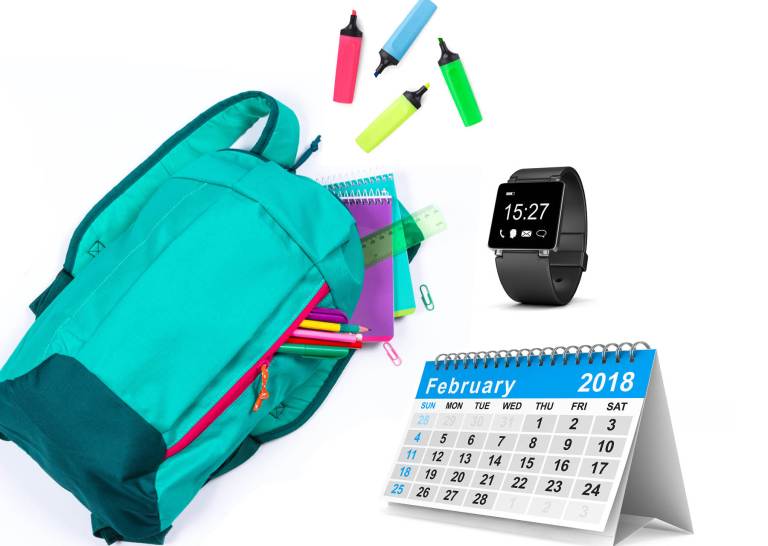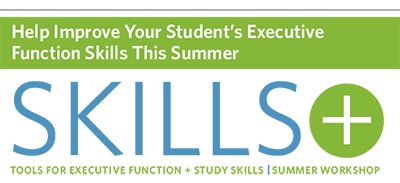- Our School
- Our Advantage
- Admission
- Elementary•Middle School
- High School
- Summer
- Giving
- Parent Resources
- For Educators
- Alumni
« Back
Executive Function 101
February 25th, 2018
Executive function deficits are very common among young people, especially those with ADHD, dyslexia, and other learning differences. These challenges show up as weaknesses in getting and staying organized, managing time, planning and prioritizing, and initiating tasks.
Sound familiar?
It should because many of us, whether we’ve been diagnosed with a learning difference or not, experience these challenges on a daily basis. Landmark School offers an effective model that delivers skills and strategies across the curriculum to improve executive function deficits. We're sharing some of their lessons in this series for parents, teachers, and students to implement at home, school, and beyond. The result of effective executive function skills leads to healthy, productive habits—life skills.

What Is Executive Function?
According to Patricia W. Newhall in her text, Language-Based Learning Series: Executive Function: Foundations for Learning and Teaching, “Executive Function is the brain’s ability to coordinate the cognitive and psychological processes needed to initiate, sustain, monitor and adapt the behaviors and attitudes required to achieve a goal” (2012, p.2).
Skills for School. Skills for Life.
Students with executive function deficits need to be taught skills to get and stay organized. These skills include managing time, materials, and information. Mastery of these skills leads to independence and ultimately provides balance for life inside and outside of school. Primary among the “what” and “how” of executive function strategies is to help students understand themselves as learners. This is called metacognition, and it’s what makes students successful—it’s a key ingredient to the secret sauce. Because the recipe is slightly different for each student, it's important to expose them to a variety of skills so they can determine which ones work best for them. We hope this series and the tools and strategies included for download help your student succeed in school and beyond. The series is posted in the following installments:
Contributors
The following members of the Landmark School faculty contributed to this series, sharing tips, templates, and years of experience that parents, teachers, and students alike can use to help boost executive function.
Suzanne Crossman, director of Transition and Guidance
Robin Day-Laporte, director of the Landmark High School Study Skills Department
Andrea Meade, assistant dean of students, Landmark High School
Deirdre Mulligan, Elementary Science/Social Studies Department Head/Elementary•Middle School Training Coordinator
Melody O'Neil, associate director of Admissions
Posted in the category Teaching.























